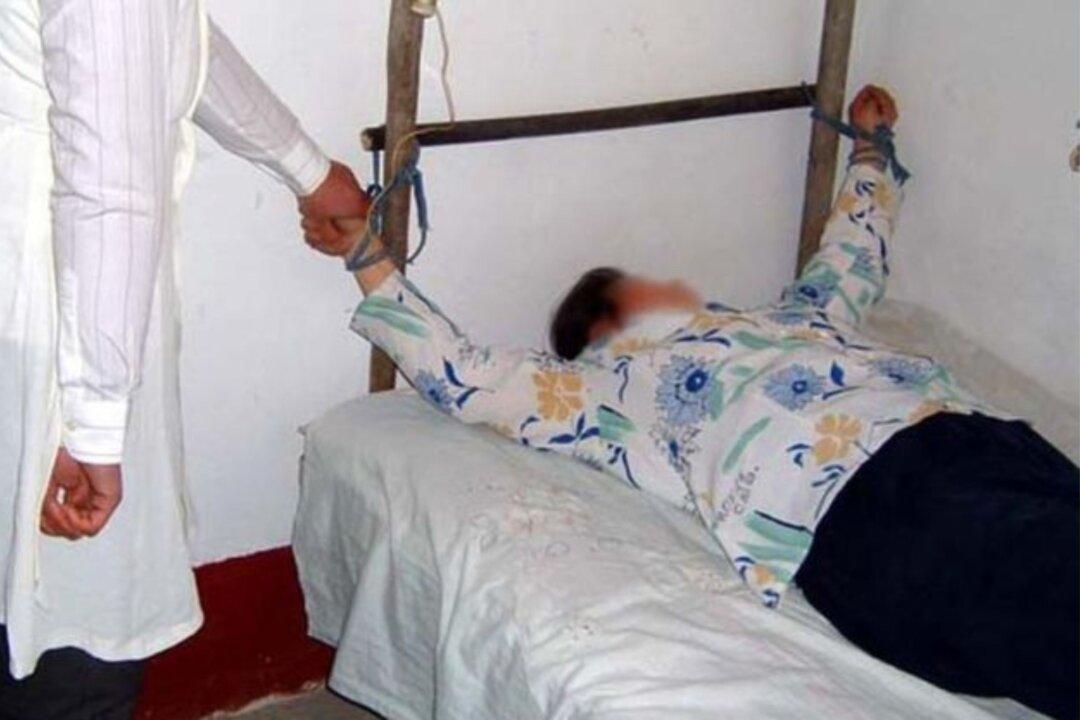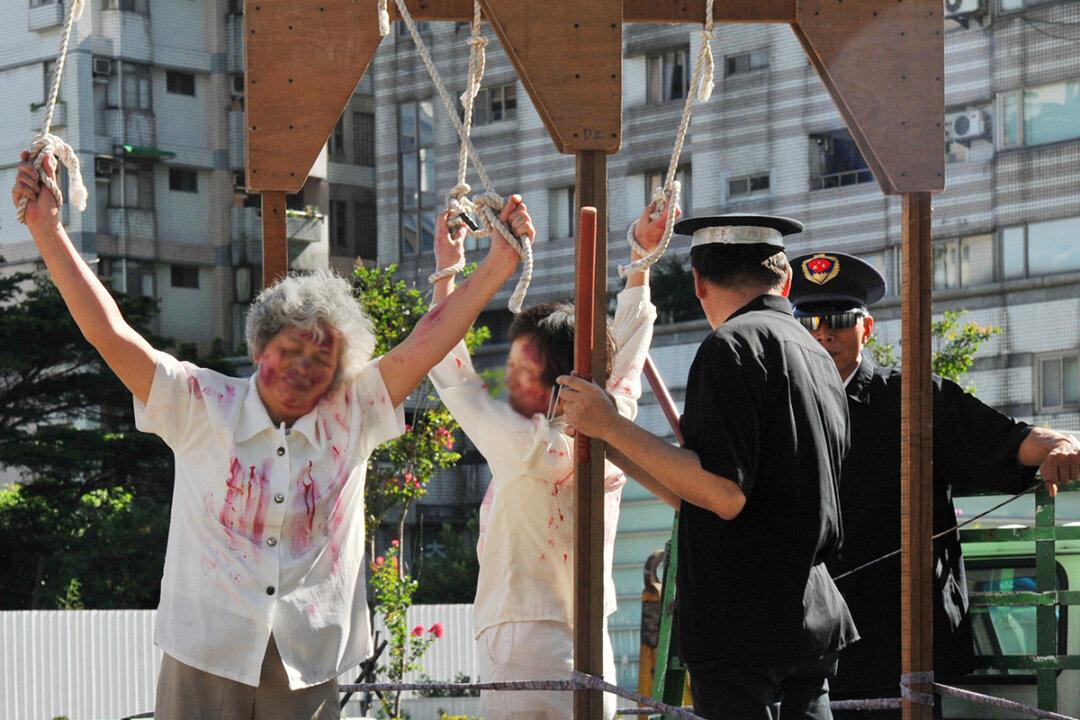Since the outbreak of the CCP (Chinese Communist Party) virus, commonly known as the novel coronavirus, the world has been skeptical of China’s confirmed cases and deaths figures. In fact, this is not the first time that the totalitarian regime is facing the world’s scrutiny for spreading disinformation on matters related to health emergencies: in 2003 it was the SARS coverup.
But how many are aware of the fact that even the school textbooks in China contain distorted information on history, both theirs and the world’s? Here are five of the biggest lies that Chinese students are taught in school.





![‘Killing You Would Be the Same as Killing Ants’: Prisons Where Innocent Citizens Are Tortured [PHOTOS]](/_next/image?url=https%3A%2F%2Fimg.theepochtimes.com%2Fassets%2Fuploads%2F2023%2F12%2F09%2Fid5544114-Falun-DaFa-practitioner-1080x720.jpg&w=1200&q=75)